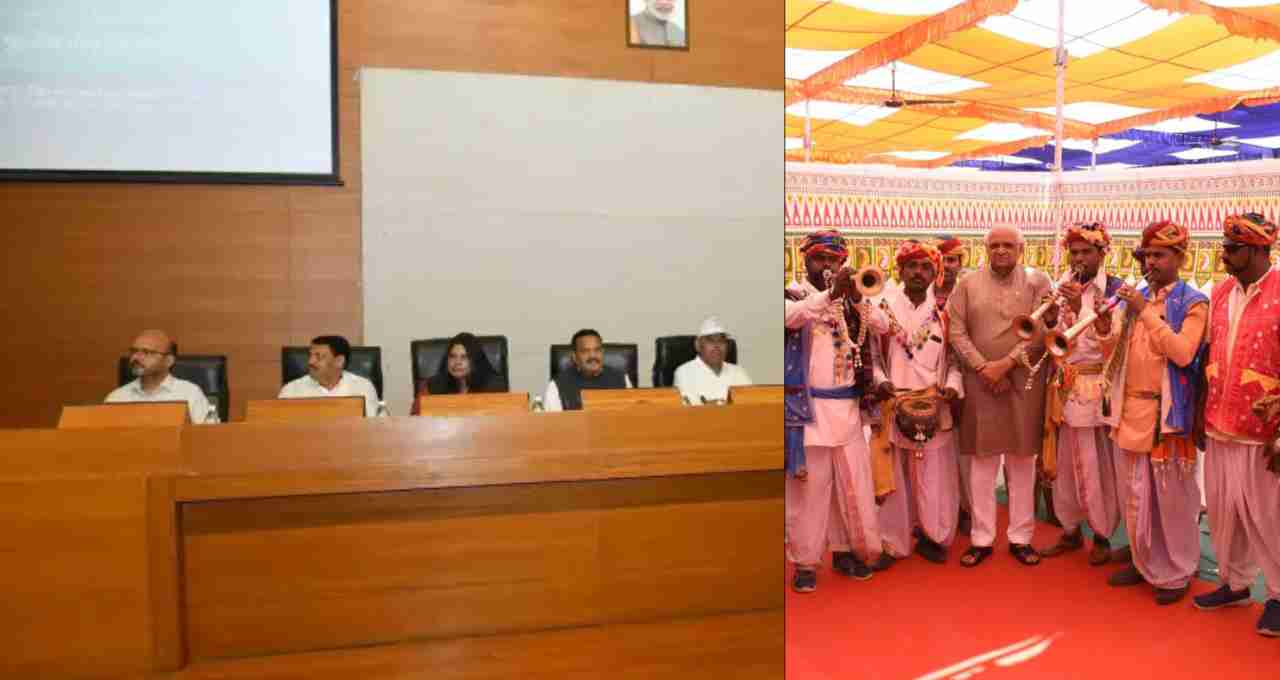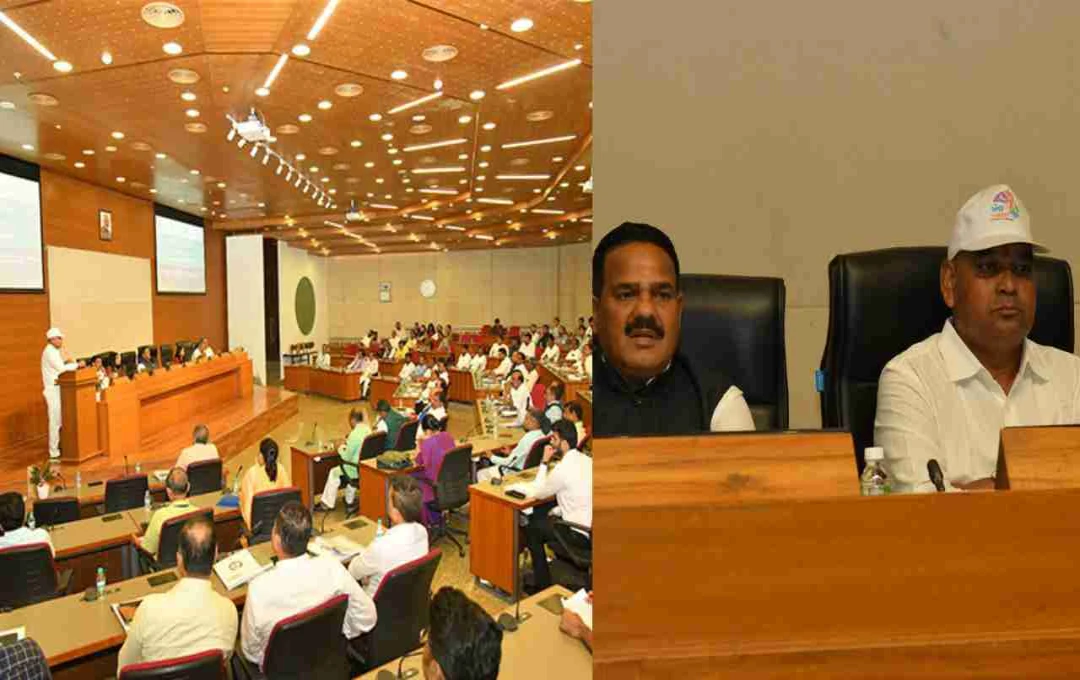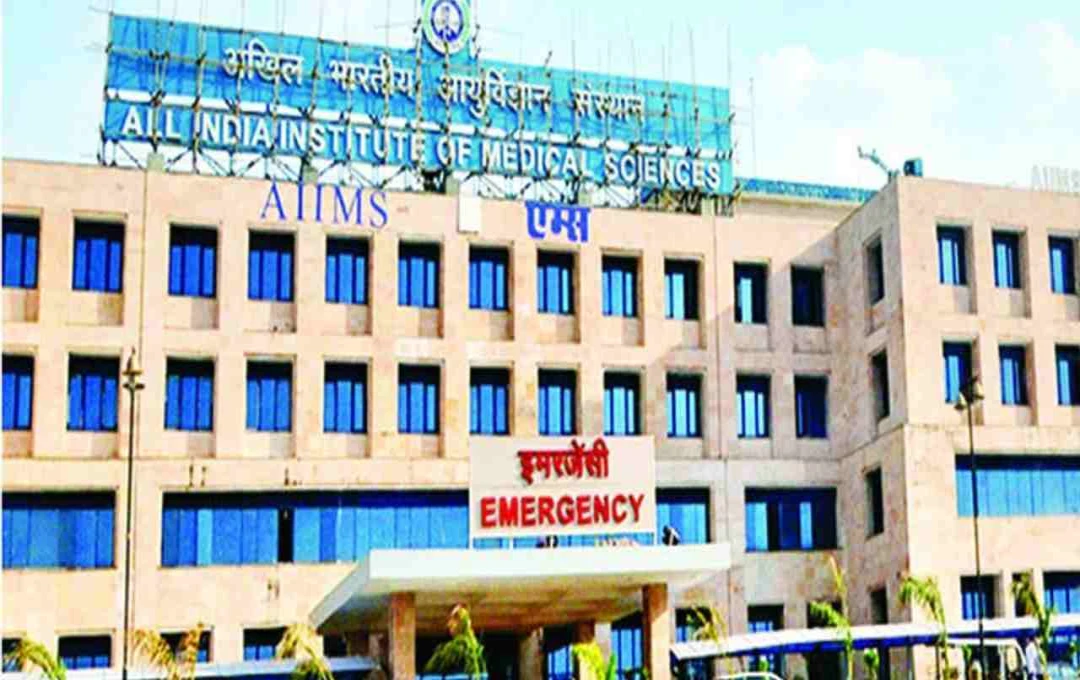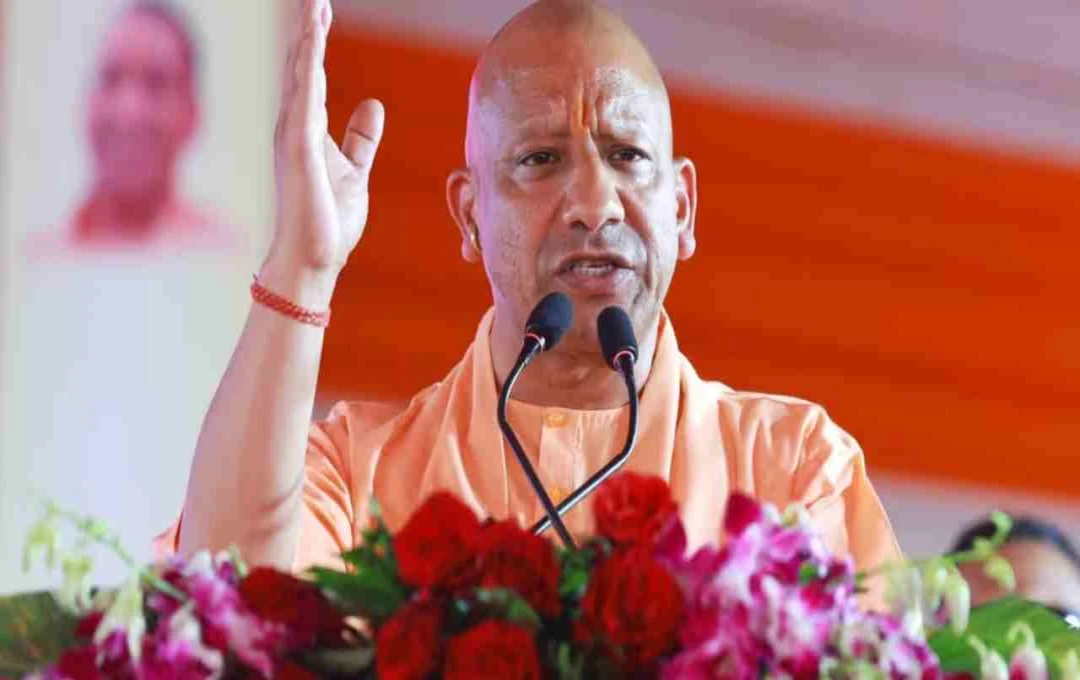Gujarat has initiated the country's first Tribal Genome Sequencing Project. This initiative will analyze the genes of 2000 tribals to identify genetic diseases, thereby improving personalized healthcare services.
Gujarat: The Gujarat government has launched the Tribal Genome Project, the first of its kind in the country, with the aim of understanding the genetic health needs of tribal communities. This ambitious project is being implemented by the Gujarat Biotechnology Research Centre (GBRC). The main objective of this project is to identify diseases and genetic risks prevalent in tribal communities and prevent and treat them in a timely manner.
Announcement and Preliminary Plan
Gujarat's Tribal Development Minister Dr. Kuber Dindor announced this project during a high-level meeting in Gandhinagar. He stated that in the first phase of this project, the genome of approximately 2000 tribal people from 17 districts of Gujarat will be sequenced. This will create a reference genomic database that will prove helpful in future health policies, research, and medical management.
What is Genome Sequencing?
Genome sequencing is a scientific process through which the entire structure of an individual's DNA is understood. This reveals which genetic traits or disease probabilities exist in that person. It enables early disease detection and personalized treatment accordingly.
Why is the Tribal Genome Project Necessary?

In India, the tribal community represents a significant population whose health needs have often been distinct from and neglected by the mainstream. They have limited access to healthcare services and are more prone to certain specific genetic diseases. The Tribal Genome Project will identify these health risks and provide scientific solutions in this direction.
Key Objectives and Benefits
- Identification of Genetic Diseases: The project will enable timely identification of genetic diseases such as sickle cell anemia, thalassemia, and certain types of cancer.
- Personalized Medical Care: Treatment can be tailored to the individual based on genome data, making it more effective.
- Collaboration in Policy Making: The genomic database will help policymakers make better decisions, especially when it comes to tribal health.
- Promotion of Research and Innovation: This data will give new direction to scientific research and help in the development of new drugs and treatment techniques in the future.
Technical Facilities and Process
Under this project, state-of-the-art genome labs, bioinformatics tools, and a team of experts will work. The entire process of sample collection, DNA extraction, data analysis, and reporting will be carried out according to scientific standards.
Future Plans
Following the success of this project, it can be implemented in other states as well. The central government may also take steps to adopt this model for tribal communities across the country. This will give new hope in healthcare services to millions of tribal people across the country.














